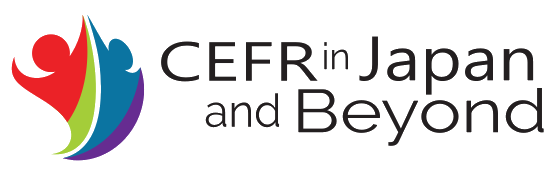Journal
CEFR Journal - Research and Practice
CEFR Journal - Practice and Research Volume 4
Date: December 20, 2021
Title: The CEFR Companion Volume - What's new and what might it imply for teaching/learning and for assessment?
Page: 5 - 24
Author(s): Brian North (CEFR and CEFR/CV co-author)
This article is open access and licensed under an Attribution-NonCommercial-NoDerivatives 4.0 International (CC BY-NC-ND 4.0) license.
Abstract: This article discusses key aspects of the CEFR vision that are further elaborated in the CEFR Companion Volume and their potential for innovation in language education. The paper starts with an outline of the content of the CEFR/CV, and a clarification of its status and the relationship to the CEFR 2001, as well as an explanation of the background to the 2014-2020 project that produced it. The article then goes on to briefly summarise the main research perspectives—the integrationist/enactive perspective; the complex, ecological perspective; the agentive perspective; the socio-constructivist/ sociocultural perspective; and the plurilingual perspective—that fed into the development of the CEFR/CV. It points out that, when the CEFR appeared, very many language professionals viewed the CEFR just as an instrument to promote communicative language teaching, which had some useful levels and descriptors. The key innovative concepts in the CEFR/CV—the social agent, the action-oriented approach, mediation, and plurilingualism—were all foregrounded by the CEFR in 2001, but required time for developments in research and from practitioners in the field to pave the ground for their elaboration and wider dissemination with the CEFR/CV. The article ends by considering the implications of these concepts and developments for the classroom and for assessment.
Keywords: CEFR; CEFR Companion Volume; innovation; social agent; action-oriented approach; mediation; plurilingualism; classroom implications
* * * * * * * *
(Last update March 6th, 2023 MGS)

